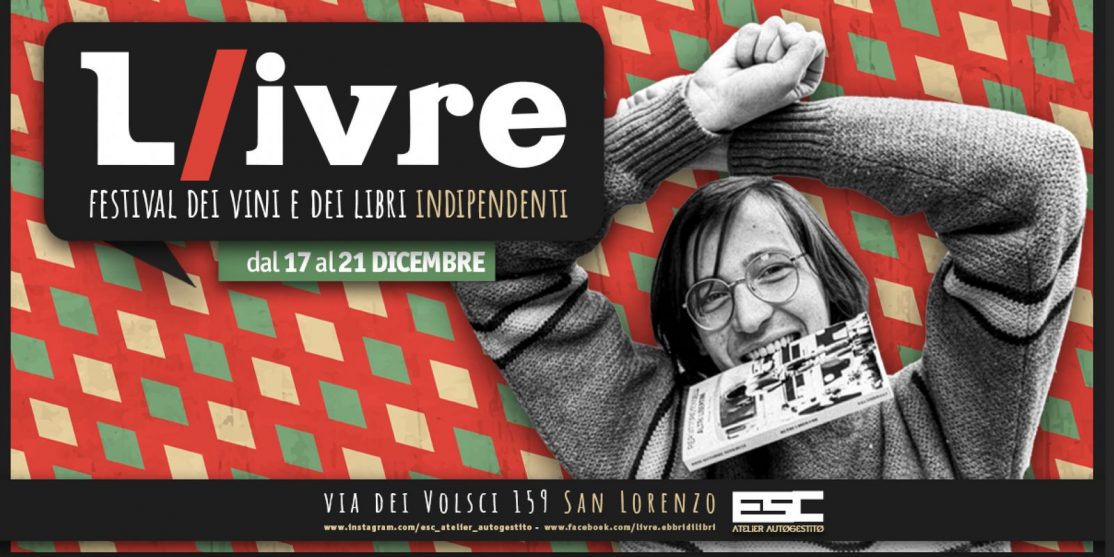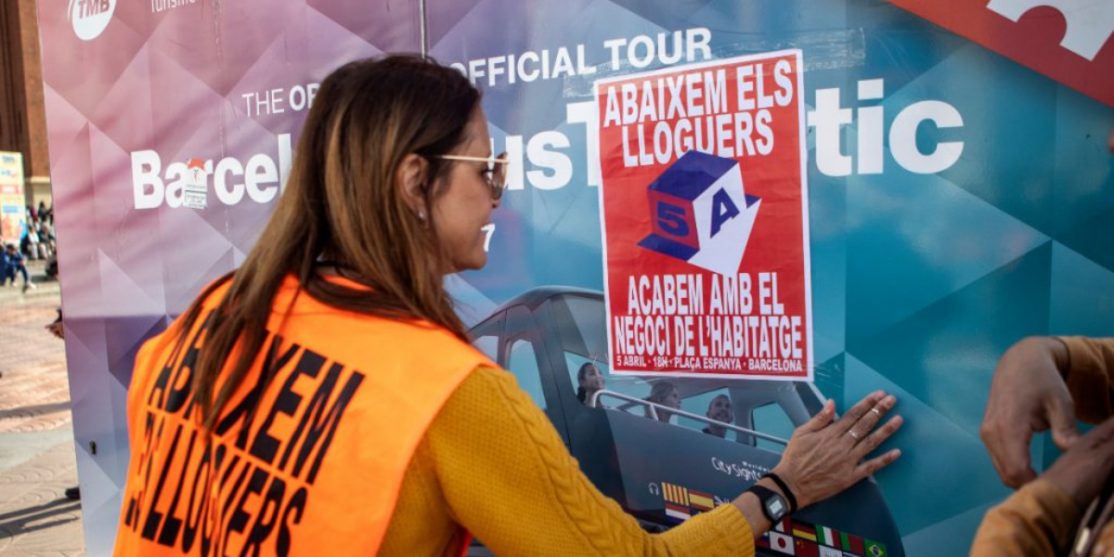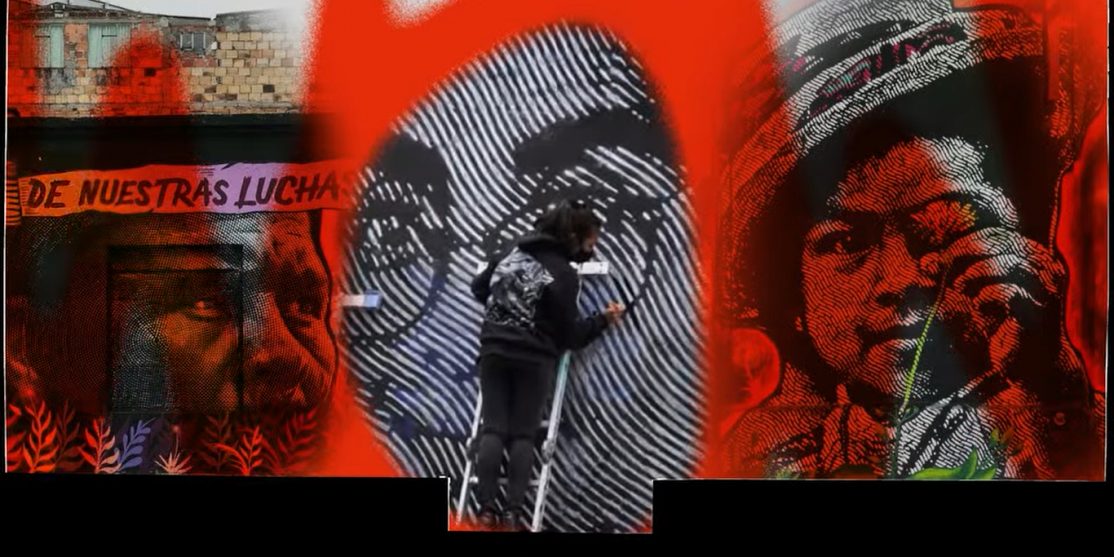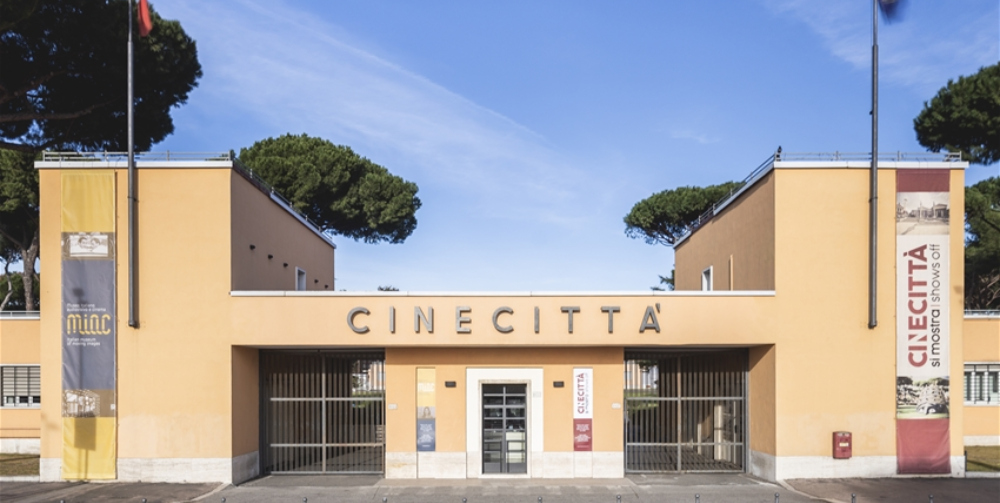EUROPA
Agora99: a Europe of Contagion
Agora99: From Rome to Madrid.
Last spring, along with many, we set ourselves on the road again to give life to the Blockupy Frankfurt mobilisations. From universities to social spaces, from the world of arts to that of culture, we defied the institutions and powers that are starving us – firstly and foremost the ECB and European financial institutions –, and which represent a new model of transnational command over living labour. Yet, during those days in Frankfurt, we did not just want to expose the common enemy of European social movements – being well aware of how identifying the enemy is just a first simplification, a symbolic act with respect to a pervasive and widespread power structure. What moved us was the urgency to build bridges between struggles and experiment a difficult relation. An urgency which took us all the way to Madrid in early November.
Agora99, the Euro-meeting of movements in Madrid, offered an interesting web of opportunities. In the first place, it made it possible to give continuity to the process and discourse that started in the previous season. A process based on the need to provide a European matrix to the struggle against austerity, and use Europe as the field of application of a counter-power that needs to be built from scratch and should aim at radically changing Europe itself.
This notion of Europe as a battlefield and a field of possibility results from considerations that try their best to leave aside the usual rhetoric. It is not a matter of automatic reactions, of positioning ourselves on the level imposed by the economic and political attack against us all. As much as it isn’t just about acknowledging how the traditional spheres of national sovereignty have been emptied-out. While this is true, as a singled-out issue it can lead to logical conclusions opposite to ours: the resurfacing of nationalism, in the context of the crisis, is based on such a preamble.
Rather, this tension makes sense if approached from a wider perspective: the dysfunctional nature of national entrenchment. Because a Europe based on exploitation, dramatically antithetical to Habermas dream of a social Europe, is not just a united and integrated Europe, it is also a differentiated and hierarchical Europe. A space where the labour force is fragmented, the negotiating power of certain sectors is directly proportionate to the weakness of others, and the best way to govern conflicts is keeping the national frameworks in place. This is why we believe it is time to blow up this compatibility, knock down the ambivalence, unveil the double game. This is why we say that we are all deeply Europeans – or even better, that in Europe we are all Greeks.
Saying “We are all Greeks” today, in the streets of Europe, doesn’t mean expressing how deeply we feel for them, how we sympathise with their plight and support their cause. And neither can it be translated into “we are all anti-capitalist”. Be it in Madrid, Paris or Berlin, chanting “we are all Greeks” today means going back the most absolute and literal meaning of the expression. The ransacking of social wealth is by now in place, with diversified degrees, throughout Europe: we are fully part of the same trend – and we’re surfing the same wave.
However, gathering in Madrid also meant something more. It meant measuring ourselves with an anomalous and paradigmatic movement composition, taking a European meeting – traditionally perceived as a topical moment to give free rein to hegemonic temptations – and plunging it into a molecular dimension that has turned the practice of democracy into its most radical content. From this point of view, the Madrid meeting represents first and foremost a discontinuity, in style and impact, with respect to the international gatherings of the alter-globalist cycle and to other respectable attempts at connecting identities or pre-existent political affinities and bend heterogeneity to organisational needs.
Agora99 highlighted old limits and new challenges. Diversity, just to begin with. The irreducible and positive diversity. Not the vertical or chronological difference between old and new forms of mobilisation. The often overused distinction between “dusty” political activist and “true”, “new” or – even worse – “normal” subjects seems to us a blind way to read the processes of impoverishment and social downgrading, and explore the question posed by the new class composition in the crisis – which we wish to look at through radically materialist lenses.
Nevertheless, the difference between the various movement experiences in Europe is undeniable. But it must be understood and acted upon as a contingent, contextual diversity: as a diversity in the processes of subjectivation that can be approached in terms of mutual crossing over, common quest, drifting of identities, contagion. A contagion which is already ongoing, between the lines, surprising us in Madrid as a stuttering common language and always requiring that extra effort, that greater tension to translate words and practices so as to keep weaving the European rebellion.
This is why we didn’t come back from Madrid with a programmatic manifesto, with a ready-to-go agenda of struggle or a common logo. But rather with a working plan: we believe that the most fruitful opportunity created by the agora is that of giving continuity to the workshops, of designing projects to build synergies
We don’t deny that the forms of organising remain a conundrum for a European constituent process. But we believe that only a multilevel dimension – one where general mobilisation days, campaigning and research projects, and the wild reproduction of practices can permeate one another – can make it possible to experiment a network-form for the European space and a new federalism of struggles.
An experiment measuring itself from right here and now with the capacity to create widespread mobilisation. On 14N tomar la huelga, taking (back) the strike, demanding and practicing a strike of all, also means verifying the potential of contamination, the viral dissemination of struggles capable of placing themselves at an immediately common level. An experiment that will continue with the possibility – to be entirely given life to – of a European convergence in Brussels on March 2013 during the European Council. And which is already looking at the spring of 2013 as a season of decentralised and synergic struggles to destitute the Troika and sketch together the Europe of the commons.
Roma, 12-11-2012
Shendi Veli – Eva Gilmore




